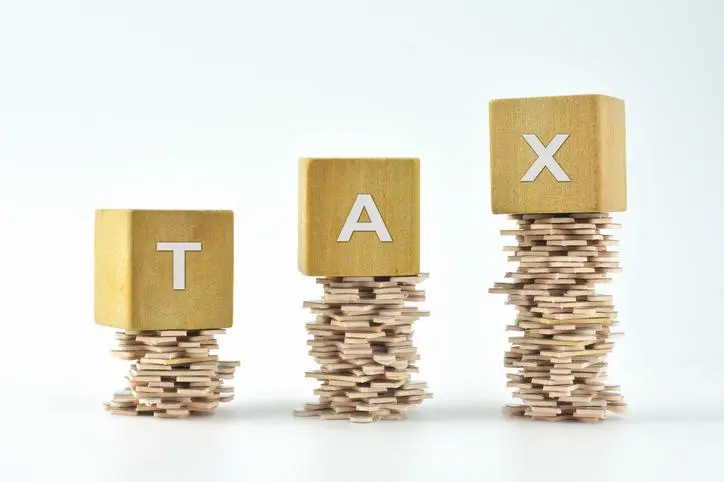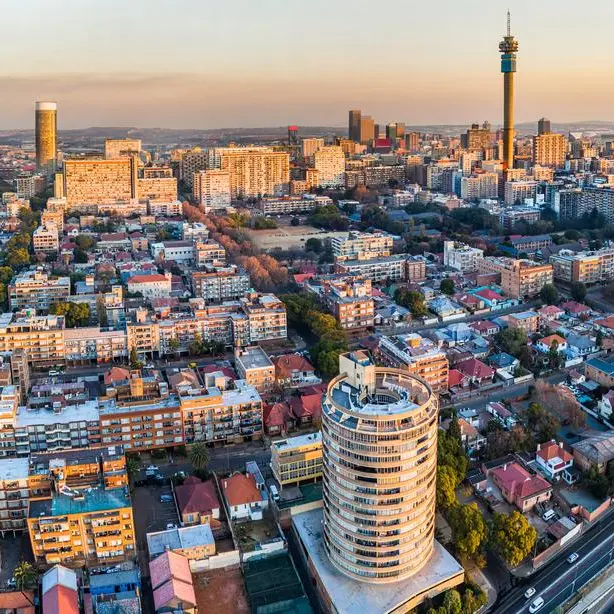PHOTO
GCC countries could lose up to 20 per cent of tax revenues this year due to the impact of coronavirus and the resulting lockdowns on their economies.
However, a decline in tax revenues in Saudi Arabia, the region's largest economy, could be offset with the tripling of value-added tax (VAT) that began on July 1.
GCC countries levy a corporate tax in the range of 15 per cent to 85 per cent on oil and gas companies. The impact of plummeting oil prices in addition to the coronavirus crisis will also have a domino effect on corporate tax collections, says Nimish Goel, partner at WTS Dhruva Consultants.
"In the GCC, sectors like e-commerce and retail have witnessed exponential sales whereas other sectors have been badly affected due to the pandemic. With an overall contraction in business operations, we may expect a decline in tax revenues anywhere between 15 to 20 per cent in the GCC. On the other hand, austerity measures taken by Saudi Arabia with a tripled VAT rate, the introduction of a tax amnesty scheme and the suspension of cost of living allowance, the downfall in GCC tax revenue may be offset to an extent," said Goel.
With restrictions on the leisure and entertainment, and hospitality and tourism sectors, excise and VAT will take the most hit as these are consumption-based taxes, he added.
The UAE's VAT collection was $7.3 billion in 2018 while Saudi Arabia achieved $12.4 billion. It is expected that Oman would join VAT implementation in the beginning of 2021 and could achieve its target of $780 million.
According to the Central Bank of the UAE, tax revenues totalled Dh224.6 billion in 2019. Saudi Arabia garnered SR141 billion taxes on goods and services in 2019; the kingdom is projected to collect SR200 billion in tax and customs revenues in 2020, according to the kingdom's 2020 budget document.
Filip Vukovic, director for international tax at KPMG Lower Gulf, says GCC governments are now facing the prospect of decreasing revenues on both the oil and tax fronts.
"The focus is on collecting taxes to reduce federal budget deficits, minimising the need to refinance from other sources," he said.
Vukovic added that with taxation being a source of revenue for governments, the function will be under increasing pressure to reassess their operating models and leverage the appropriate technology. Covid-19 may well bring about a long-term transformation of the tax function.
Rajiv Hira, managing director of RHMC Management Consultants, said in line with the contraction of the economy, there can be some delay or deferment in VAT collection. However, the impact will be lesser than the contraction percentage.
He said VAT may be subdued in pockets, but will not be a major impact at the GCC level.
"There may be country-level impact, for example in the case of the UAE and especially Dubai with Expo 2020 being shifted to 2021 due to Covid-19, may move consumption for a year, which may result in deferment of tax collection," added Hira.
When will revenues recover?
Goel expects a recovery in tax revenue would largely depend on a breakthrough in a Covid-19 vaccine, increased economic activity, a successful Expo 2020 event and the implementation of VAT in Oman and other GCC countries.
"Since countries around the world are making concentrated efforts to find an effective vaccine to combat Covid-19, I am highly optimistic that we should have a quick recovery not only for the economy as a whole but even for tax revenues by 2021," concluded Goel.
Copyright © 2020 Khaleej Times. All Rights Reserved. Provided by SyndiGate Media Inc. (Syndigate.info).




















